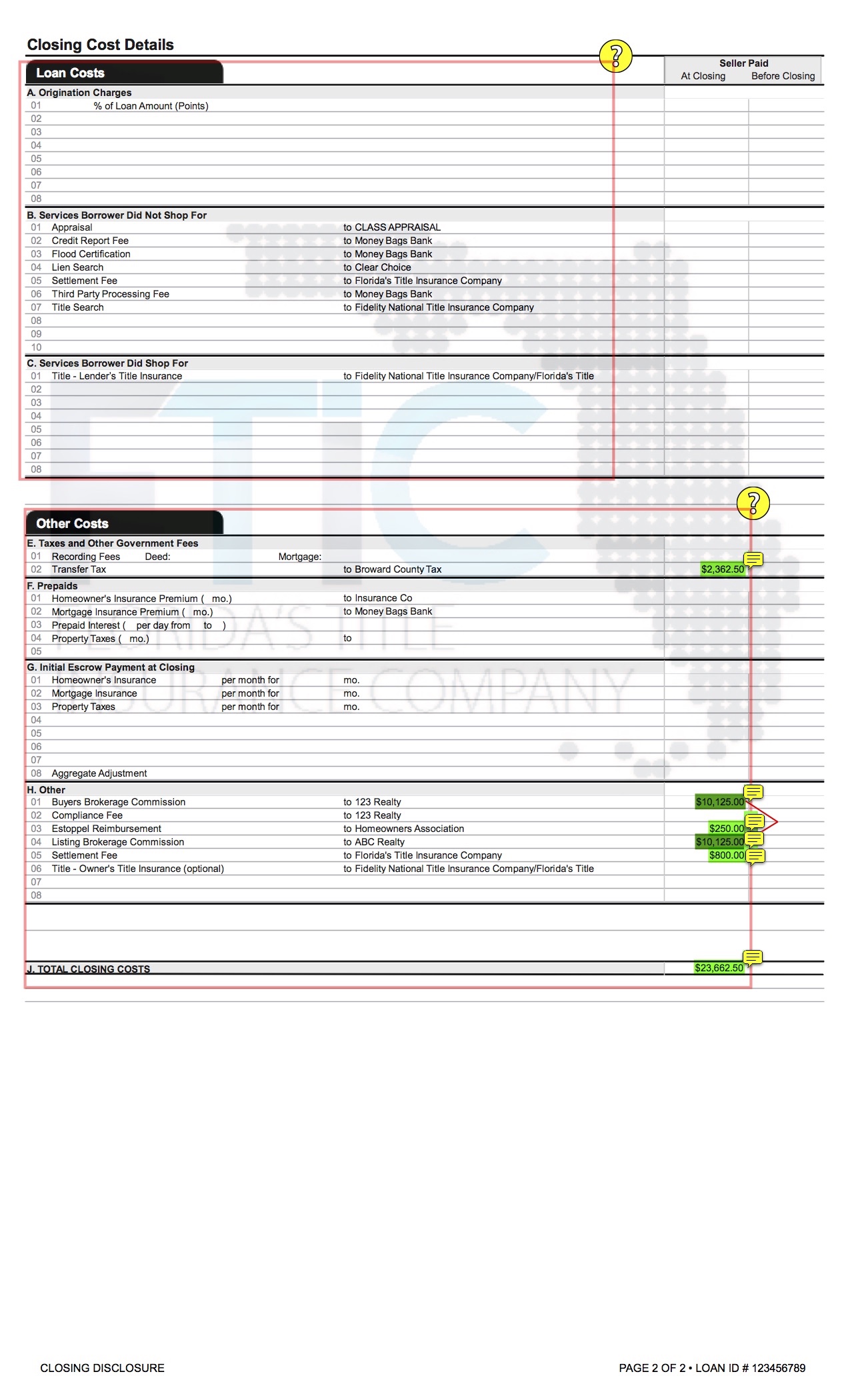

The liquidator is also responsible for preparing records to explain their acts and dealings relating to the company as a liquidator.įor tax purposes, the records are generally to be kept for five years. If the company is wound up, a liquidator is appointed which takes control of the existing company records. Records from liquidation and insolvencyĪ company becomes insolvent when it is unable to pay its debts when they are due for payment.Īn insolvent company is wound up on the application of relevant stakeholders such as creditors (including the ATO), shareholders or a regulatory agency (such as ASIC). For example, if you are ceasing a company, contact the Australian Securities & Investments Commission External Link (ASIC) to cancel your Australian company number (ACN). You may also need to contact other government agencies to let them know of your change of situation. Changing, selling or closing your business.Records connected to an assessment that's amended – period of review.Record keeping for rollover relief – for sale of assets.You need to keep these records for five years from when you prepared or obtained the records, or completed the transactions or acts those records relate to, whichever is later. sales (including the sale of your business and assets) and purchases.You will have to keep records relating to: If you sell or close your business during a period of review, these records can still be requested in the event the business is subject to a review or audit. You may have to finalise some GST, employee, contractor or other obligations. If you sell or close your business, you should call us so that we can let you know what you need to do. Selling or closing your business – records


 0 kommentar(er)
0 kommentar(er)
